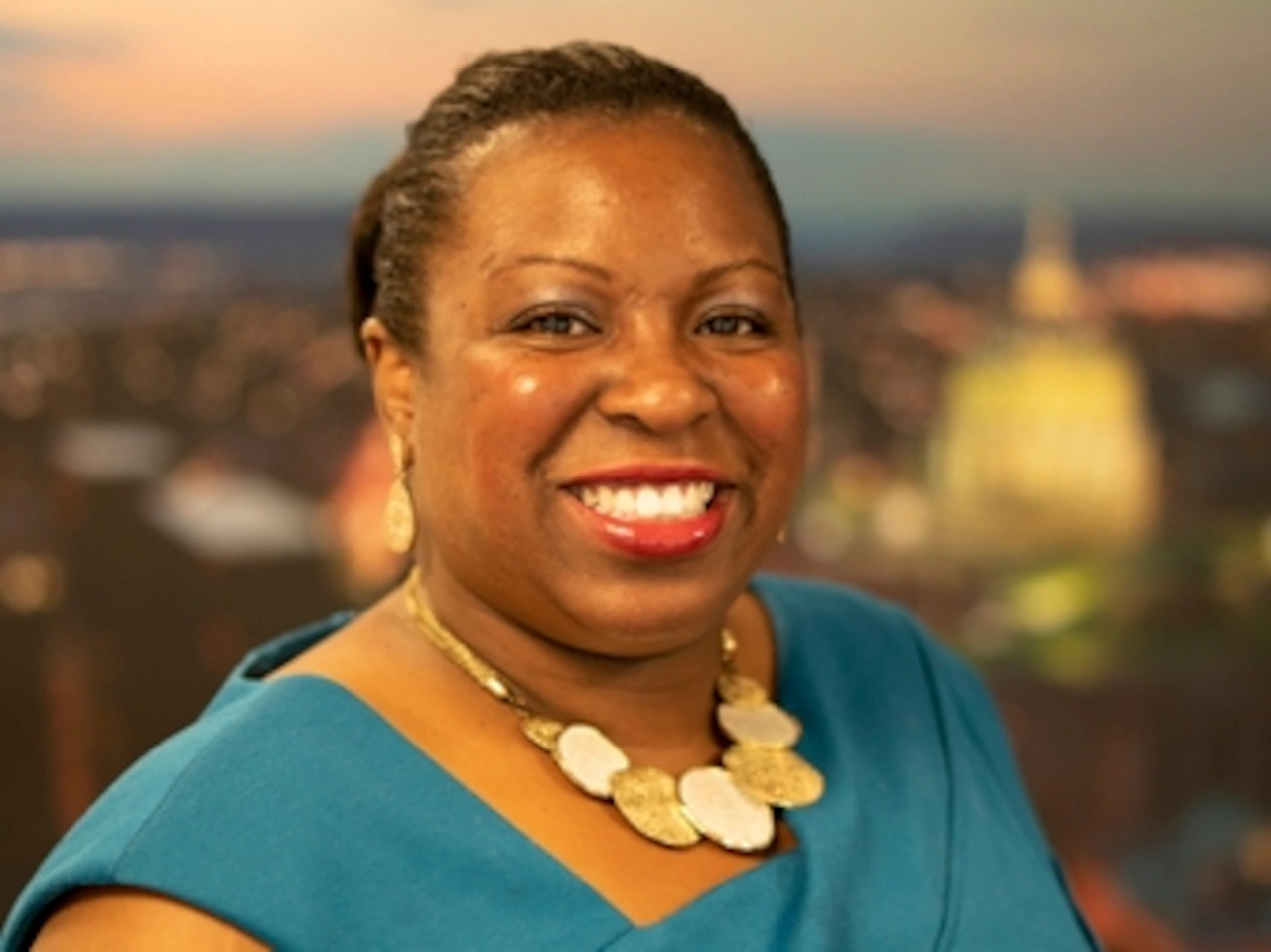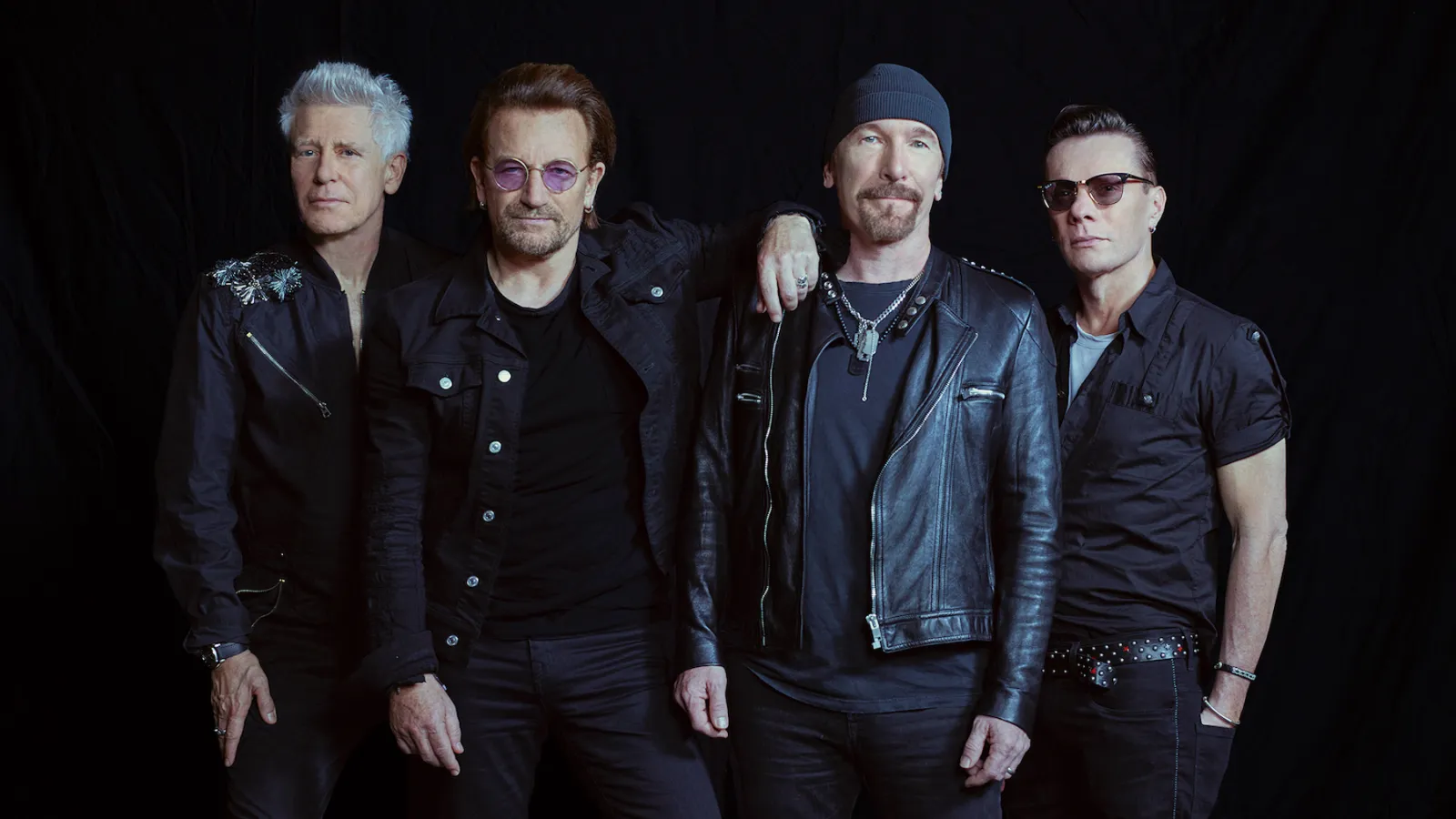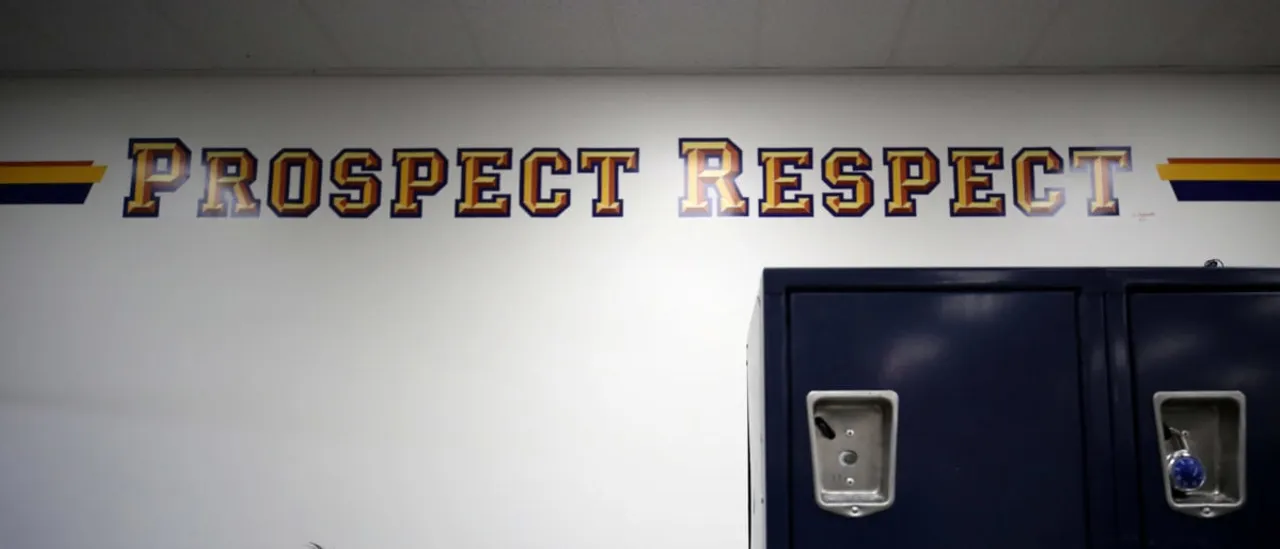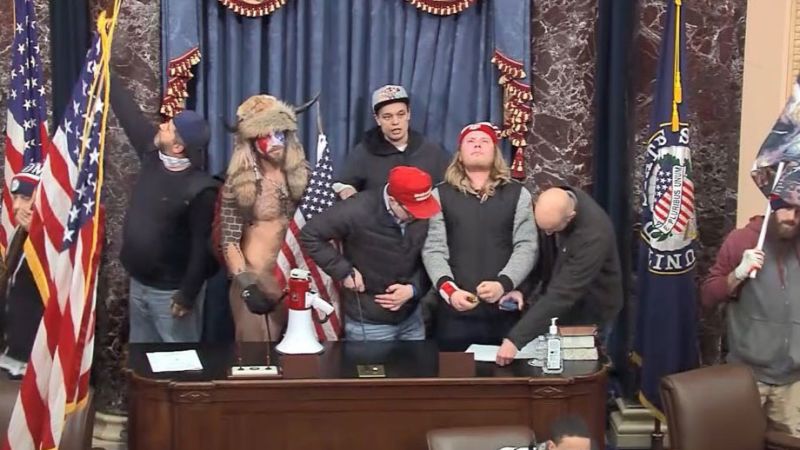Copyright Mechanicsburg Patriot News

By Rogette Harris For nearly 250 years, the right to vote has been America’s great equalizer, but lately, that right feels fragile. The courts, rather than the voters, are increasingly deciding the country’s direction. And this Nov. 4, Pennsylvania voters, especially those in South Central Pennsylvania, have a chance to push back. Not with outrage or social media posts, but with our ballots. Let’s be clear, the U.S. Supreme Court has stopped interpreting law and upholding the Constitution. It is now making policy. From overturning Roe v. Wade to weakening environmental protections and removing voting rights, the Court has shown its willingness to reshape decades of precedent to fit an ideological vision. These justices are unelected, yet their rulings determine who controls women’s bodies, who breathes clean air, who gets a fair shot at casting a ballot, and more. That’s why Pennsylvania’s state court elections this year matter more than most people realize. Our appellate and Supreme Court judges make decisions that touch every corner of our lives and define the boundaries of our democracy. They rule on how elections are conducted, how fairly our schools are funded, whether workers and families are protected, and whether all Pennsylvanians have an equal voice under the law. In Dauphin County and across South Central Pennsylvania, we know these aren’t abstract issues. Whether it’s fair funding for public schools, clean water along the Susquehanna, or the security of mail-in ballots, the courts often have the final say. Over the past decade, the Pennsylvania Supreme Court has been a national model for judicial courage. In 2018’s League of Women Voters v. Commonwealth, it struck down a gerrymandered congressional map that gave the Republican party almost total dominance. The Court relied on Pennsylvania’s Free and Equal Elections Clause, a powerful statement in our state constitution that every voter deserves an equal say. When other states looked away, Pennsylvania’s Supreme Court stood up. It has also protected voters whose mail-in ballots were thrown out for trivial technicalities, affirming that the right to vote should not hinge on an envelope date or a misplaced signature. And in 2020, when partisan forces tried to discredit Pennsylvania’s election results, it was our state courts that upheld the will of the people by rejecting conspiracy claims and affirming that facts, not politics, guide justice. Those decisions didn’t make everyone happy. But they made democracy stronger. Across the country, efforts to reshape state courts into partisan bodies have intensified. President Donald Trump has made targeting judges and election officials a political strategy, using personal attacks to discredit them when rulings don’t go his way. At the same time, Republican-aligned groups are pouring unprecedented funds into state judicial races with misleading mailers and texts to tilt the balance in courts that could decide the next presidential election. In Pennsylvania, the stakes are enormous. Three Supreme Court Justices, Christine Donohue, Kevin Dougherty, and David Wecht are up for retention this November. If even one or two are ousted, the court’s balance could flip before the 2028 presidential election, when our Supreme Court may once again decide how that election is conducted and certified. Vote YES for retention. We don’t have to imagine what happens when judicial control shifts. In Wisconsin, for example, a single seat changed the entire direction of that state’s Supreme Court. One election. One seat. Sweeping consequences. Pennsylvania could be next. Remember, this and future elections aren’t just about who wins, or which party holds power. They’re about the integrity of the people we trust to uphold the rule of law and our American democracy. The legitimacy of our institutions depends on judges who value fairness over faction, principle over politics, and truth over tribalism. When we elect judges, or vote to retain them, we’re not choosing referees for one season. We’re selecting guardians of justice whose decisions will echo for generations. We need leaders who treat the Constitution not as a weapon but as a promise. We cannot only care about the courts when someone we know, or an issue we cherish, lands before them. By then, it’s too late. The rules that shape our freedoms tomorrow depend on the votes we cast or fail to cast today. It’s easy to be cynical. Washington is broken. The headlines are endless. But cynicism is the ally of those who want fewer people to vote and fewer people to believe their voice matters. The cure for that fatigue isn’t despair but participation. Nov. 4 is not just another election date; it’s a moral checkpoint for this country. When we vote, we’re not only shaping policy, we’re declaring that the American experiment is worth defending. The right to vote is sacred because it’s how we hold power accountable. The moment we take that right for granted, we begin to lose it. So, plan to vote. Bring a friend. Talk to your neighbors. Remind your family that democracy isn’t something we inherit, but something we build, together, ballot by ballot.



